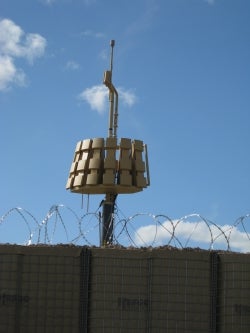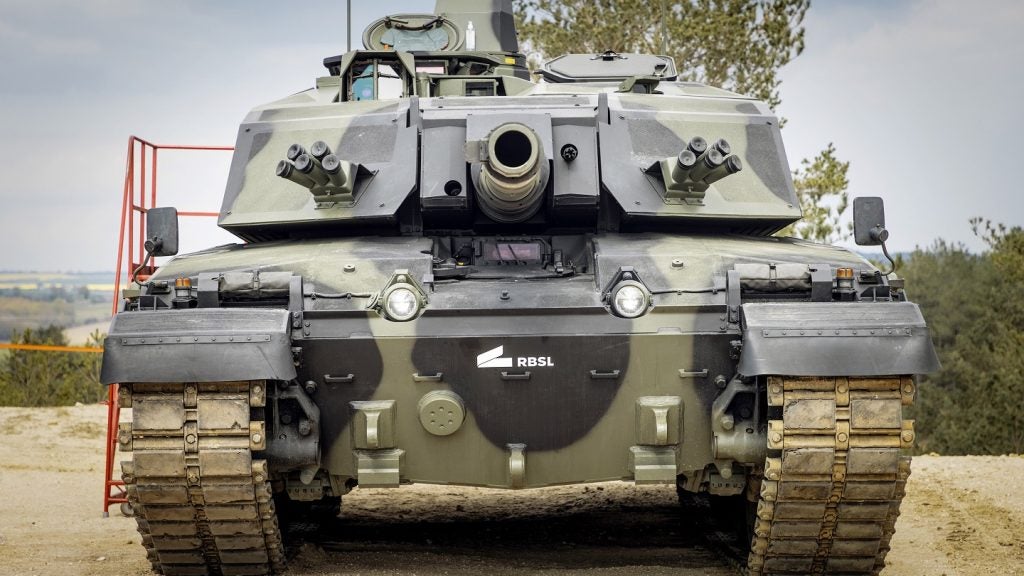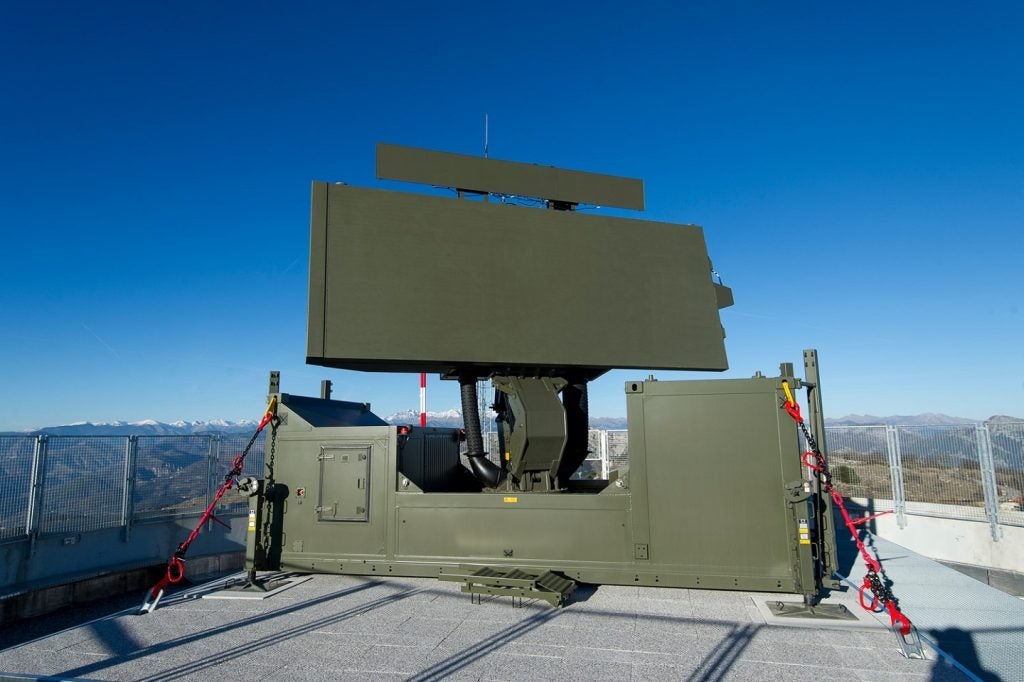
QinetiQ has introduced a new multiple array radar, called Alarm, to help soldiers in rapid detection and assessment of short-range, low-trajectory rocket attacks at the military forward operating bases (FOBs).
Provision of sufficient warning against short-range mortars and rockets will enable soldiers to take evasive action, while also reducing casualties.
Requiring two to three hours for installation, Alarm is a fully automatic radar and has already proven its effectiveness during a series of trials against several hundred short-range rockets.
Currently under high-rate production, the radar exhibits a very low false alarm rate, which is essential for an automated system, with a very high probability of detection.
QinetiQ source Dr Jeremy Ward said: "Alarm is a world first for this type of solution, building on our 70-year heritage of developing radar and shows great future promise in being able to address challenging threats of the future to Nato forces."
See Also:
As well as extending the radar’s capability to cover other direct fire weapons, QinetiQ is also planning to further develop the capabilities to meet other key threats to maintain a leading-edge and local expertise in this specialist domain.
How well do you really know your competitors?
Access the most comprehensive Company Profiles on the market, powered by GlobalData. Save hours of research. Gain competitive edge.

Thank you!
Your download email will arrive shortly
Not ready to buy yet? Download a free sample
We are confident about the unique quality of our Company Profiles. However, we want you to make the most beneficial decision for your business, so we offer a free sample that you can download by submitting the below form
By GlobalDataThe company has also secured a second contract for delivery of radars and software development from an undisclosed customer.
In contrast to conventional mortars, short-range low trajectory rocket attacks are difficult to detect, as their high-velocity lowers the amount of potential time available for warning the soldiers.
The legacy mortar locating radar systems are capable of detecting high trajectory rounds, in addition to predicting the point of origin and impact, enabling soldiers to take cover prior to an explosion.
Image: QinetiQ’s Alarm radar will enable rapid detection and assessment of short-range, low trajectory rocket attacks at military bases. Photo: courtesy of Qinetiq.








